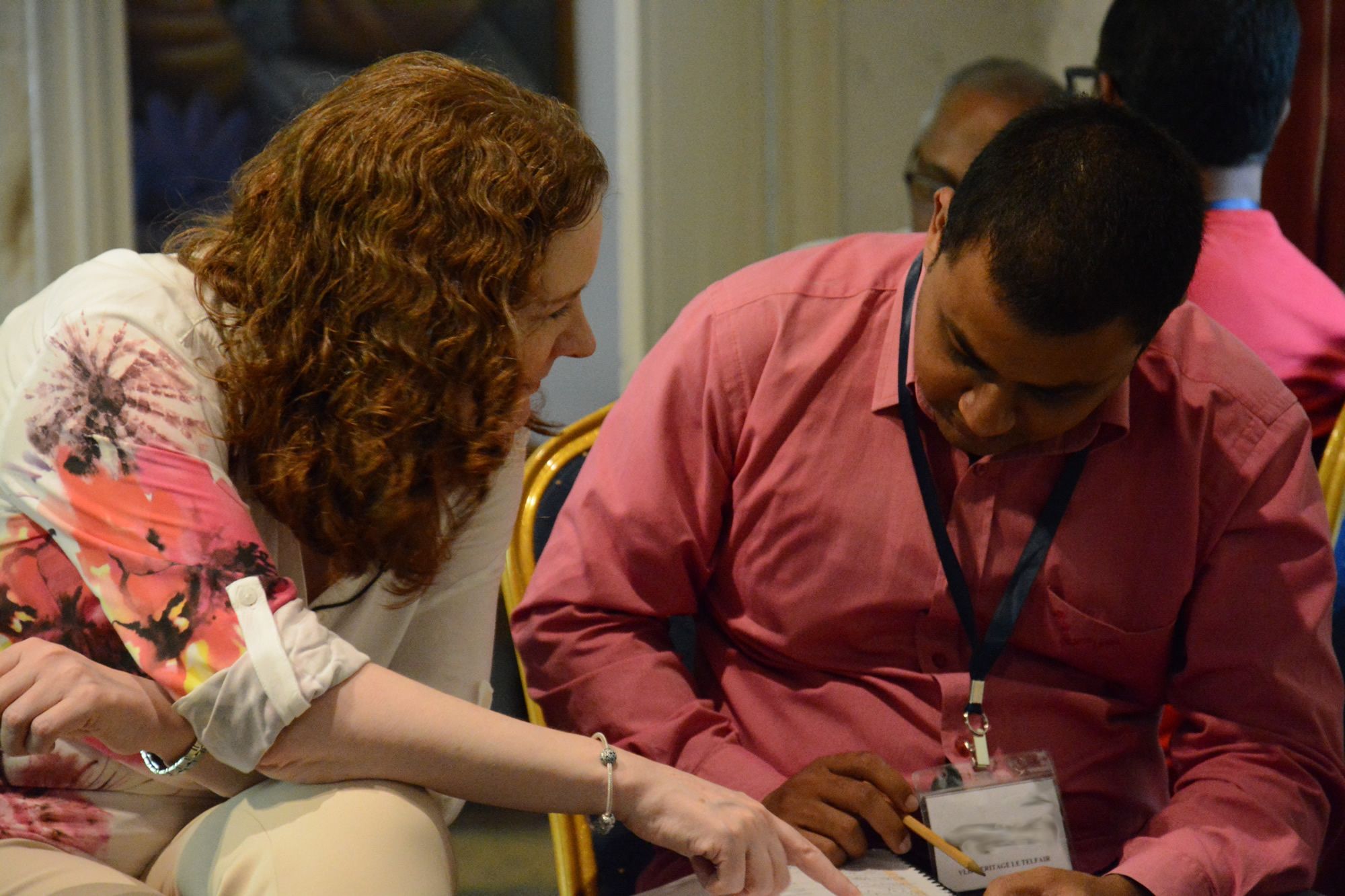What is the relationship between NLP and Coaching?
They’re definitely quite different from each other. And an NLP Practitioner is not necessarily a good coach. Neither does a good coach have to know NLP.
But the combination of a good coach who also knows NLP can be very powerful.
NLP has its roots in psychotherapy. There is a long tradition of NLP Practitioners working one-to-one with clients to resolve the full range of mental health issues, personal problems and mindset blocks. Some schools of NLP even teach their Practitioner programme in the frame that everyone will set up a practice and start working as a therapist/life coach.
Personally, I think that more than NLP Practitioner training is needed to become a good coach. One of the questions I hear frequently from NLP Practitioners is about which techniques to use and when.
One client put it this way:
“I have all these wonderful NLP tools that I know how to use. Then someone tells me about a problem they have and I don’t know what to do. I know that I must know something that can help, but I don’t know how to get started.”
Does that sound familiar?
The missing piece is a skill that is essential to a coach. It’s about understanding the structure of the client’s map of the world, including the perceived problem, and creating a process that will move the client from where they are now to where they want to be instead.
Richard Bandler once said, “A good NLP intervention is 99% working out which intervention to do and 1% actually doing it.”
A Practitioner of NLP will have a lot of knowledge of the interventions, but may not know which one to use with a specific client.
A coach may be able to diagnose the problem, but might not be able to offer a process to solve it quickly and effectively.
But a coach who knows NLP can do both!
Of course, it’s also fair to say that there are lots of very effective coaches who use different kinds of interventions – not NLP – and achieve great results.
So the relationship between NLP and coaching is this: NLP is one of a range of methodologies that may be used by a coach to get results with a client.
And coaching is just one application of NLP.
There is another way that a coach can benefit from knowing NLP. It’s not just about what you do with the clients. It’s also about how you manage yourself. A coach who knows NLP will be able to manage their own responses, deal with distressing situations and replicate successes more readily than a coach who doesn’t know NLP.
So, to summarise…
A Practitioner of NLP is someone who practices NLP in their daily life.
A Coach is someone who helps others access the resources they need to succeed.
Both require mastery of a set of skills – but those skills are different!
Click here for info on our ‘How to be a Brilliant Coach’ programme






